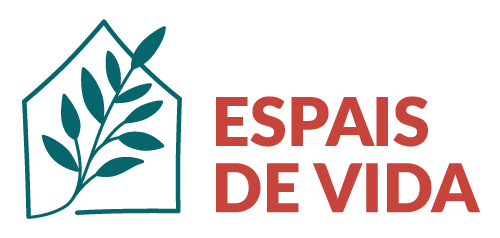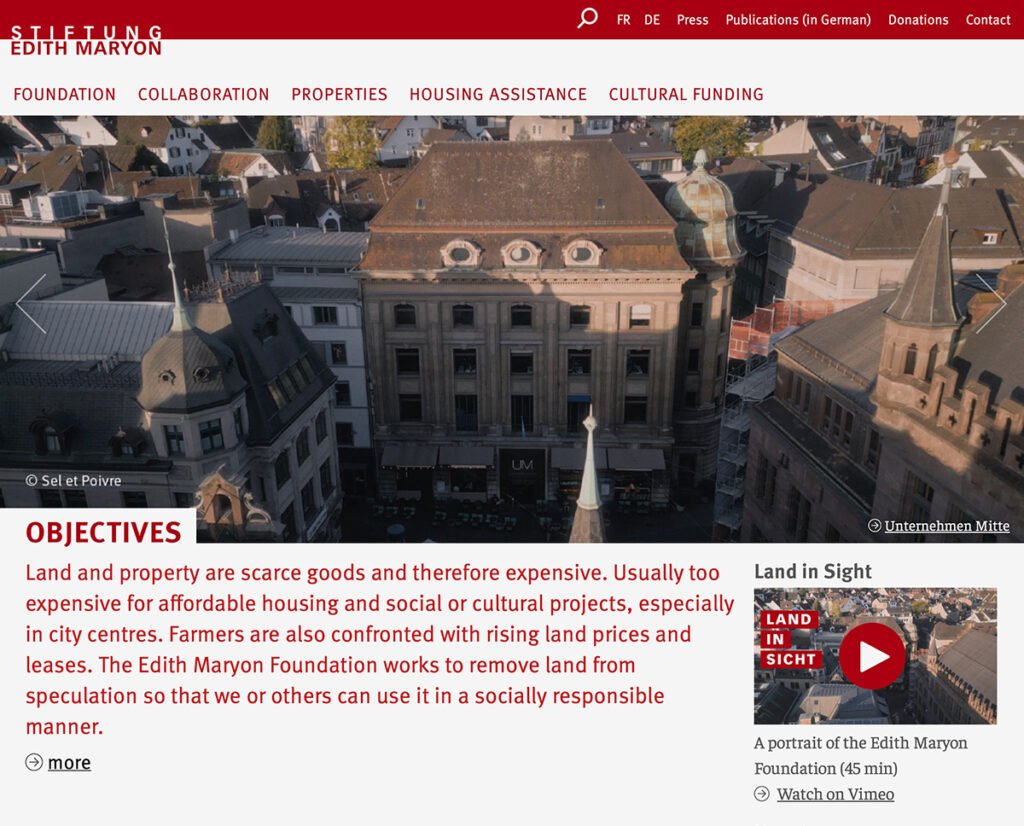Espais de Vida Project
DEFINITION
The “Espais de Vida” project is an initiative inspired by the work of the Edith Maryon Foundation in Switzerland. It benefits from the guidance, know-how, and commitment of that foundation to help implement the project in the Balearic Islands.
MISISON & OBJETIVES
To promote the setting up the foundation in the Balearic Islands with aims similar to those of the Edith Maryon Foundation.
WHAT IS THE EDITH MARYON FOUNDATION?
The Edith Maryon Foundation is a nonprofit organization based in Basel, Switzerland, established 34 years ago. Its main mission is to remove land and properties from the speculative market so they can be used for socially responsible projects.
The foundation focuses particularly on creating affordable housing, supporting cultural and community projects, and promoting biodynamic or regenerative agriculture initiatives.
To achieve this, it acquires properties through donations and legacies, ensuring their long-term availability. These properties are leased under conditions that promote self-management and personal and collective responsibility among beneficiaries.
In addition to its commitment to social housing, the foundation also funds cultural and educational initiatives and manages a solidarity fund that provides rental deposit guarantees, thereby strengthening its comprehensive support for communities.
COLLABORATION IN EDITH MARYON FOUNDATION PROJECTS
The foundation collaborates with individuals and organizations who share its vision of creating socially responsible housing and workplaces.
Although it does not directly finance projects, it offers support in terms of property and guidance.
To partner with the foundation, a project must align with its principles, and the applicant must contribute financially in some way.
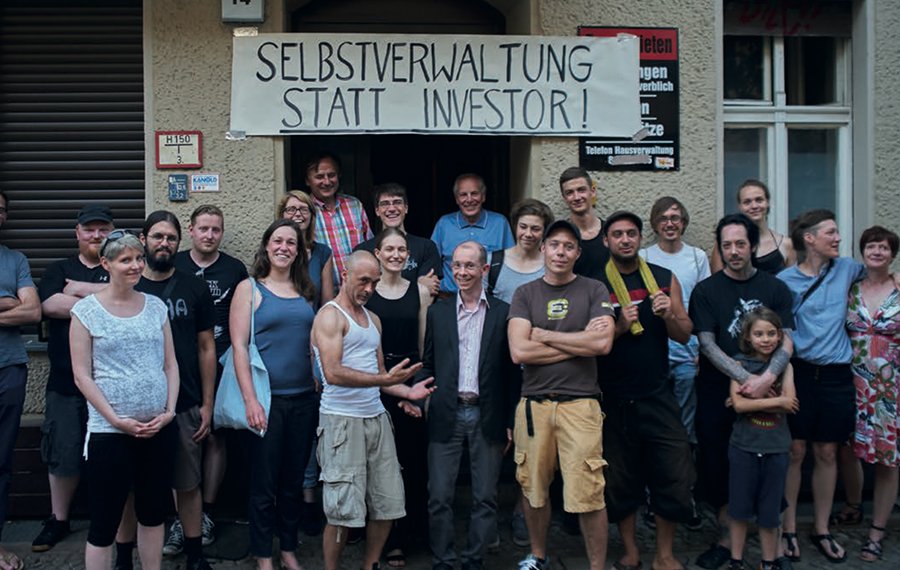
HISTORY
The Edith Maryon Foundation was founded in 1990 by a group of young people inspired by the ideas of Rudolf Steiner, with the aim of promoting socially responsible housing and workplaces. It is named after Edith Maryon, an English sculptor and close collaborator of Steiner.
The Foundation has completed more than 160 projects, primarily in Switzerland and Germany, but also in other countries.
AREAS OF FOCUS
– Social housing
– Legacy regulation
– Solidarity fund to ensure land for the common good
– Cultural projects
– Regenerative agricultural projec
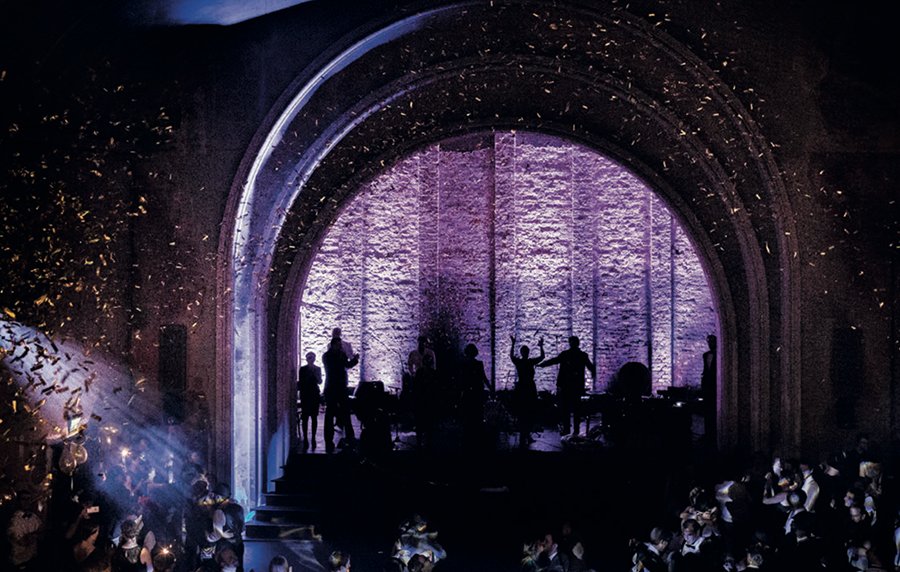
WHY IS “ESPAIS DE VIDA” NEEDED IN THE BALEARIC ISLANDS?
Current Challenges in the Balearic Islands
1. Access to Housing
The Balearic Islands face serious housing access challenges, driven by several key factors:
High Housing Prices:
The purchase and rental prices of housing in the Balearic Islands are among the highest in Spain. Strong tourism demand and foreign investment have significantly driven prices up, making housing unaffordable for many local residents.
Lack of Affordable Housing:
There is an insufficient supply of affordable housing. New construction has not kept pace with demand, and social housing projects are limited.
Tourism and Vacation Rentals:
The proliferation of tourist rentals has reduced the availability of housing for permanent residents. Many owners prefer short-term tourist rentals due to higher profits, worsening the affordable housing crisis.
Real Estate Speculation:
Speculation in the property market has driven prices up. Investors purchase properties with the intention of reselling them at higher prices, distorting the market.
Local Wages vs. Cost of Living:
Wages in the Balearics do not match the high cost of housing and general living expenses, making it even harder for many residents to secure decent housing.
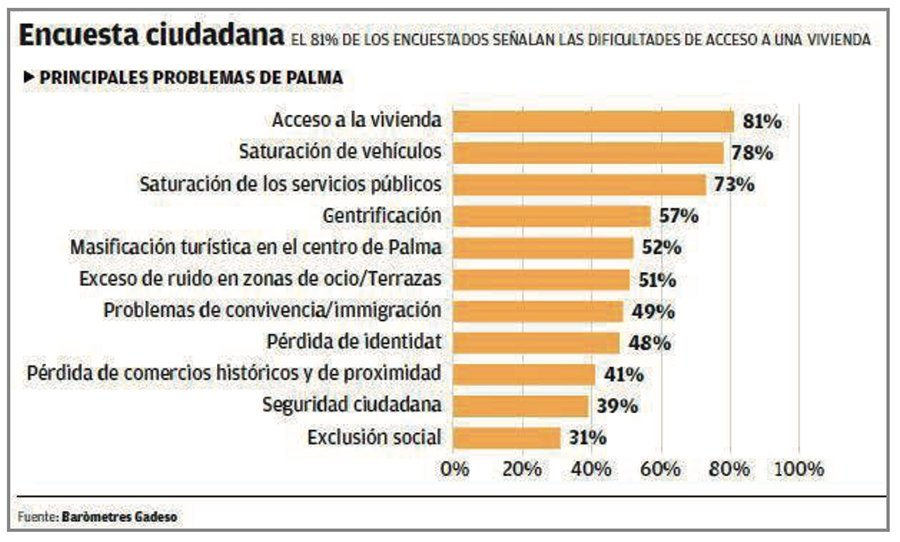
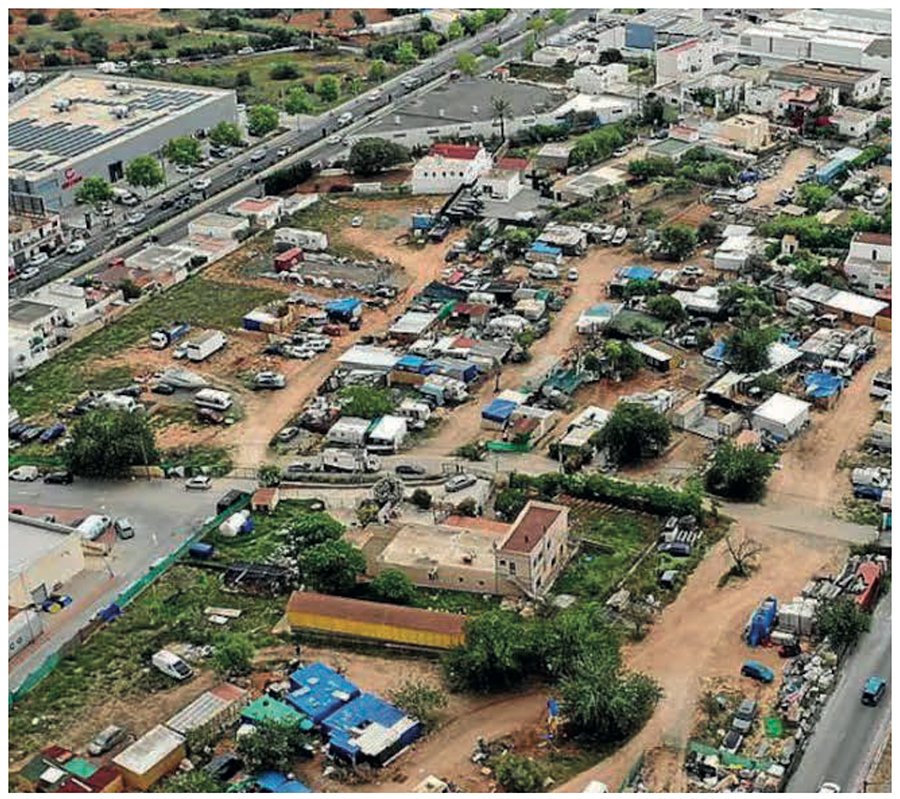
2. Difficulty in Agricultural Generational Renewal
The agricultural sector in the Balearic Islands faces serious generational challenges:
Aging Farming Population:
Many current farmers are nearing retirement, and few young people are willing to take over agricultural work. Harsh working conditions and low incomes deter new generations from entering the sector.
Lack of Incentives:
There are few incentives for young people to engage in agriculture. The lack of financial and educational support limits their interest and capacity to take on roles in the sector.
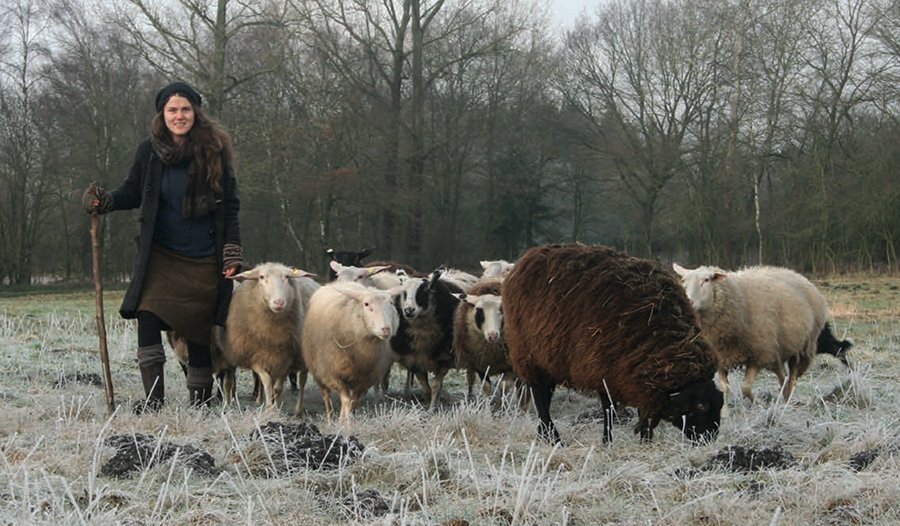
According to the INE and the Agricultural Census, the number of people employed in the agricultural sector in the Balearic Islands has decreased by 33% in the last decade.
3. Leasing of Farmland and Speculation
Leasing agricultural land also poses significant challenges:
High Prices and Speculation:
Agricultural land prices are high due to real estate speculation. Many plots are seen as potential urban or tourist developments, driving up their value and making them unaffordable for farming.
Unfavourable Conditions:
Leasing conditions for agricultural land are not always favourable. High rental costs and restrictive conditions make it difficult for farmers to maintain or expand operations.
Competition with Other Land Uses:
Competition between agriculture, urban development, and tourism puts pressure on farmers and limits the availability of farmland at reasonable prices.
HOW WE ARE BUILDING “ESPAIS DE VIDA” IN THE BALEARICS
1.- First steps and presentations
In spring 2025, we shared the project in Mallorca and Ibiza through screenings of the documentary Land in Sicht and meetings with social, cultural, and agricultural groups. These sessions allowed us to listen, learn, and build the first connections.
2.- Building Our Network
We launched this website as an initial space for gathering and outreach. At this stage, we are seeking financial support, volunteers, and partnerships to:
– Promote the project via media and social networks
– Organize presentations and meetings
– Launch micro-donations and key contacts
– Document and make each step visible
3.- Setting Up the Foundation
We are a legally registered non-profit association, and our goal is to create a foundation in the Balearics:
– Draft statutes
– Establish the board of trustees
– Define the founding team
– Seek resources and foundational property transfers
4.- Our First Projects
We are starting to evaluate specific properties that could be used for affordable housing, regenerative agriculture, or cultural initiatives using innovative and sustainable models.
GET INVOLVED
Request information and join the core team of the project, either privately or as an organization
COLLABORATE
Your donations help us spread the project, organize and promote public events and participatory workshops
CONTACT US
Request information and join the core team of the project, either privately or as an organization
